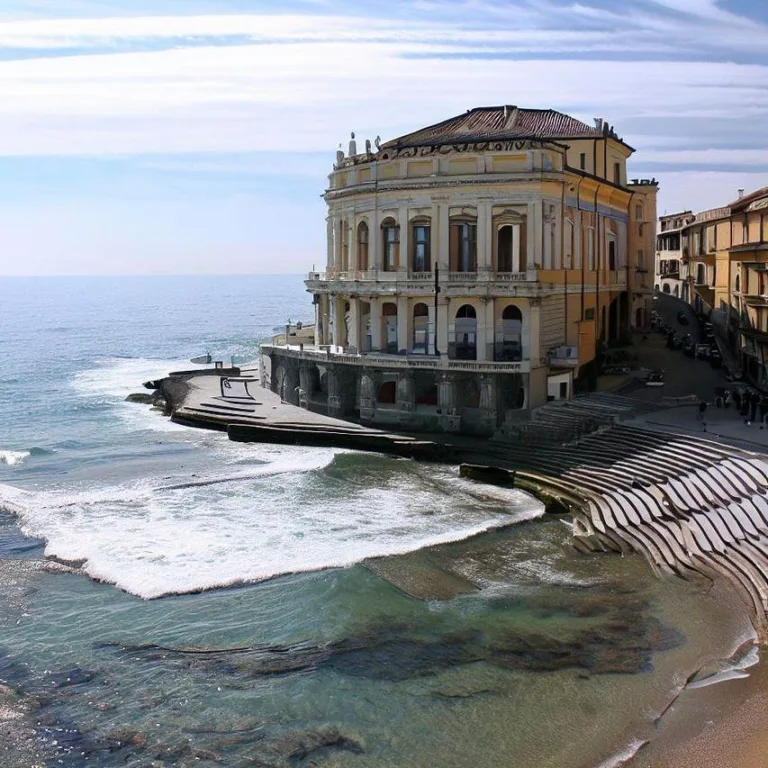Welcome to our in-depth exploration of La Scala, the renowned opera house that stands as a symbol of Italy’s rich cultural heritage and artistic excellence. In this article, we delve into the history, architecture, performances, and significance of La Scala in the world of opera and beyond.
A glimpse into history
La Scala, officially known as Teatro alla Scala, is an opera house located in the heart of Milan, Italy. Established in 1778, it has a storied history that dates back centuries. Initially founded by the Empress Maria Theresa of Austria, La Scala was built to replace the Royal Ducal Theatre, which was destroyed by fire.
Throughout its existence, La Scala has been a hub for operatic innovation and creativity. It has witnessed countless premieres of legendary operas, shaping the course of musical history. The likes of Giuseppe Verdi and Giacomo Puccini have had their works presented on this illustrious stage.
The architectural marvel
The architectural brilliance of La Scala is a testament to the craftsmanship of its time. The neoclassical facade adorned with statues and intricate detailing draws visitors into its opulent interiors. The horseshoe-shaped auditorium is known for its impeccable acoustics, ensuring that every note sung and played resonates with unparalleled clarity.
Over the years, the theater has undergone renovations and enhancements while preserving its historical charm. The royal box, ornate chandeliers, and elegant velvet seating all contribute to the grandeur of the space.
Unforgettable performances
La Scala has hosted a myriad of unforgettable performances that have left an indelible mark on the world of opera. It continues to be a platform for showcasing the talents of opera singers, conductors, and musicians from around the globe. From iconic operas like Verdi’s „Nabucco“ to contemporary works, the stage of La Scala has seen it all.
The annual opening night of the opera season, held on December 7th, is a highly anticipated event that draws both local and international audiences. It’s a celebration of music, culture, and artistry that captures the essence of La Scala’s legacy.
A cultural icon
La Scala isn’t just a theater; it’s a cultural icon that transcends borders. It has become a symbol of Italy’s passion for the arts and its dedication to preserving its artistic heritage. The theater’s influence extends beyond the operatic world, touching literature, film, and fashion.
Visiting La Scala is a journey into the heart of Italy’s artistic soul. The experience of witnessing a performance within these historic walls is nothing short of magical, connecting the audience to generations of music lovers who have come before.
Frequently asked questions
Q: How can I buy tickets for a performance at La Scala?
A: Tickets for La Scala performances can be purchased online through the official La Scala website or in person at the box office. It’s recommended to book tickets well in advance, especially for popular shows.
Q: Are there guided tours of La Scala available?
A: Yes, La Scala offers guided tours that provide visitors with an in-depth look at the theater’s history, architecture, and behind-the-scenes areas. These tours offer a unique perspective on the opera house’s legacy.
Q: What is the dress code for attending a performance at La Scala?
A: Attending a performance at La Scala is a special occasion, and many patrons choose to dress formally. While there isn’t a strict dress code, wearing elegant attire is recommended as a sign of respect for the art and the venue.
Experience the magic of la scala
La Scala stands as a testament to human creativity, passion, and the enduring power of the performing arts. Its legacy continues to inspire and captivate audiences from all walks of life. Whether you’re an opera enthusiast or simply a lover of culture, a visit to La Scala promises an unforgettable experience that will leave you with cherished memories.
Viz také:






